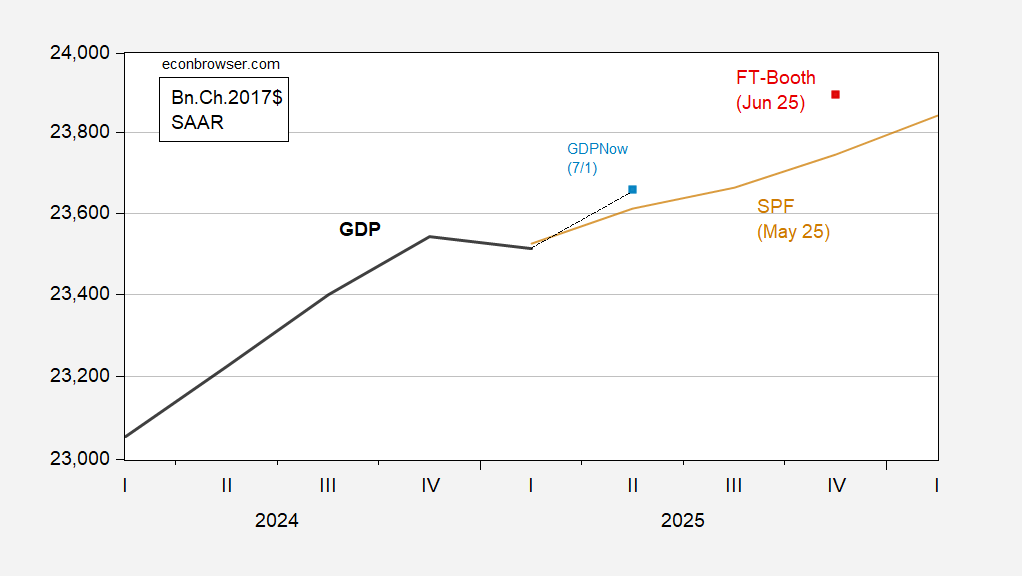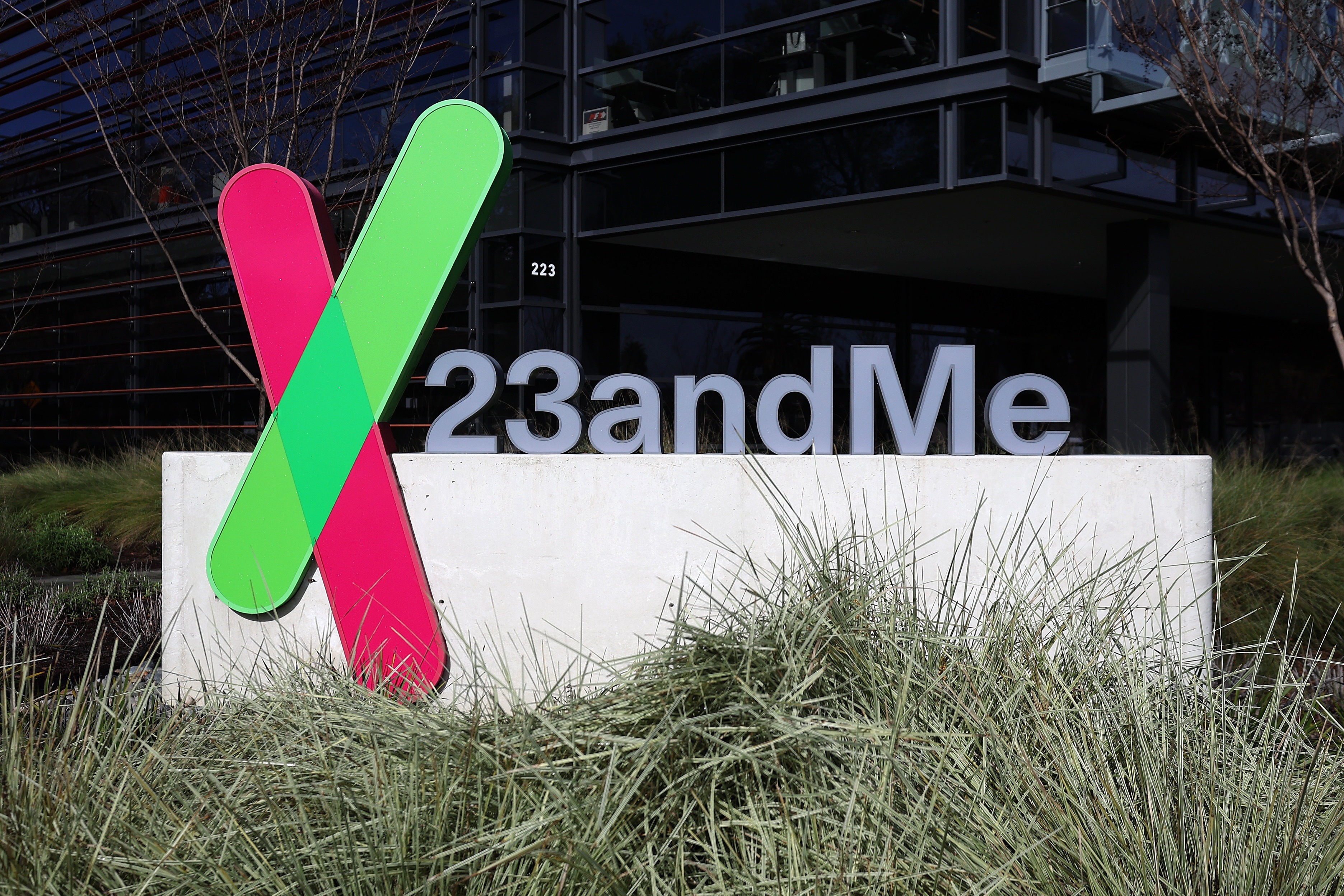
2161. Defying the Data: Standard of Living Edition
Kevin Corcoran discusses the concept of "defying the data" in relation to standard of living claims, reflecting on personal experiences and societal perceptions.
your daily dose of economic commentary

Kevin Corcoran discusses the concept of "defying the data" in relation to standard of living claims, reflecting on personal experiences and societal perceptions.
Nate Silver discusses Derek Thompson's insights on the Substack economy, the New York City mayoral race involving Zohran Mamdani, and the implications of voter turnout.

Menzie Chinn discusses the FT-Booth June survey results, highlighting GDP optimism and recession expectations among macroeconomists.
Timothy Taylor discusses the projected rise in US health care expenditures as a share of GDP and its implications for the economy and society.

Lululemon claims Costco is selling cheaper knockoff versions of its signature designs under the Kirkland Signature brand.

Construction spending declined in May, with private spending decreasing and public spending slightly increasing, reflecting a year-over-year downturn in residential and non-residential sectors.

The author discusses various economic stories and principles, including costs, poverty, and financial education for children.

A restaurant chain removes its egg surcharge due to falling prices and improved supply after a period of high costs caused by avian flu.

Scott Sumner critiques progressive definitions of class based on income, arguing they overlook the complexities of class identity and economic aspirations in America.

Paul Krugman argues that Medicaid is not an easy target for cuts, as public support for the program has significantly increased among Americans, including Republicans.

Bill McBride discusses the BLS report indicating job openings increased to 7.8 million in May, with little change in hires and separations.
The post discusses the ISM manufacturing index's slight increase in June, indicating ongoing economic expansion despite weak new orders and employment figures.

The post discusses rising antisemitism in America, particularly following recent events in Israel and Gaza, and highlights the broader context of racial and religious tensions affecting various groups.
![[Rerun] Jon Roth, Econometrician, Brown University](https://substackcdn.com/image/fetch/$s_!0c4F!,w_1456,c_limit,f_auto,q_auto:good,fl_progressive:steep/https%3A%2F%2Fsubstack-post-media.s3.amazonaws.com%2Fpublic%2Fimages%2F4dd16898-819e-4b9d-9fda-4e52272e7f9e_1792x1024.heic)
Scott Cunningham interviews Jon Roth, an econometrician at Brown University, discussing his impactful research and contributions to applied econometrics.
The discussion critiques the misuse of Gödel's theorem in economic arguments, particularly regarding centralized planning, and examines related philosophical implications from Wittgenstein.

The discussion focuses on the implications of declining fertility rates and potential population crashes, highlighting concerns from economists about future societal impacts.
An argument that increasing taxes on solar and wind impacts project economics, influences domestic production, and complicates the market for solar panels and technology.

Camila Domonoske discusses the Senate's consideration of ending EV tax credits sooner than planned amid ongoing debates over a tax and spending bill.

Bill McBride discusses President Trump's call for lower interest rates and analyzes the implications of Fed policy on inflation and the economy.

John Ruwitch discusses a judge's approval for the sale of 23andMe and its DNA data to a nonprofit organization led by its founder.